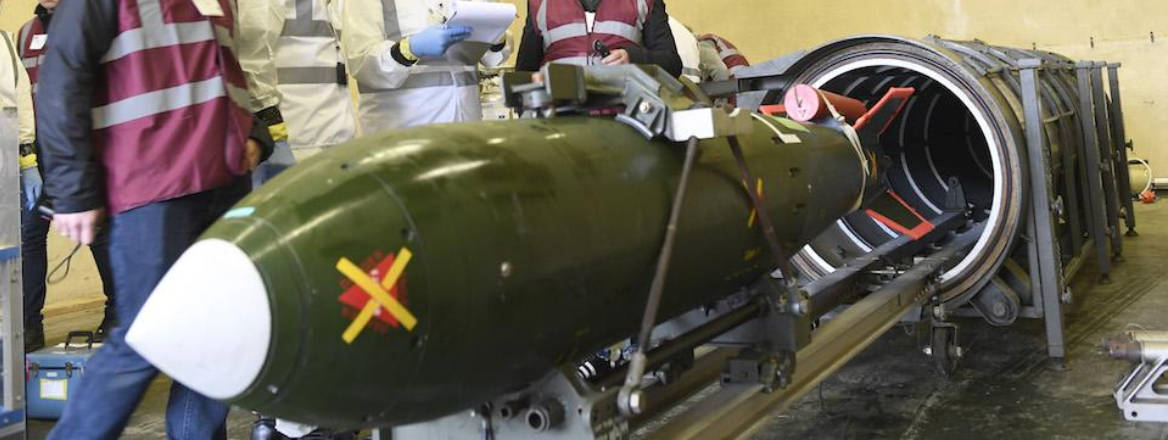Beyond the Disarmament Impasse: How Europe Perceives the UK’s Disarmament Verification Efforts
This paper uses survey data to examine the extent to which the UK’s prioritisation of disarmament verification is perceived by the European NPT community to be a valuable contribution to the disarmament agenda.
This year marks the 50th anniversary of the entry into force of the Nuclear Non-Proliferation Treaty (NPT). The NPT has played a vital role in international non-proliferation efforts and in supporting equal access to the peaceful uses of nuclear energy. Yet, achieving nuclear disarmament remains a source of contention within the NPT community.
The NPT process and nuclear disarmament agenda are facing significant challenges. While non-nuclear weapons states (NNWS) argue that progress on nuclear disarmament is moving too slowly, nuclear weapons states (NWS) – including the UK – claim that the current international security context is not conducive to further efforts to reduce the number and role of nuclear weapons.
Within the NPT community, the UK is often noted for having strong nuclear disarmament credentials. Working collaboratively with NWS and NNWS, the UK’s involvement in technical disarmament verification work has been a key component of its self-declared commitment to uphold its NPT disarmament obligations. Technical verification work has been a primary and constant feature of UK disarmament policy since the early 2000s.
Based on a review of the existing literature and a survey, this paper examines the extent to which the UK’s prioritisation of disarmament verification is perceived by the European NPT community to be a valuable contribution to the disarmament agenda. Five tentative findings and trends have been observed:
- Survey respondents identified political – not technical – hurdles to nuclear disarmament as the top priority for the 2020 Review Conference.
- The survey demonstrated that respondents with more than six years of experience in the field were less likely to hold positive perceptions, and that governmental respondents were more likely to view UK policy positively than non-governmental respondents.
- A substantial percentage of the respondents do not understand how the Quad Nuclear Verification Partnership (QNVP) supports the UK’s disarmament policy.
- The majority of respondents felt that China was the most important additional actor for the UK to work with on disarmament verification, followed by Russia and non-NPT nuclear-possessing states.
- The survey results suggest that without practical disarmament steps the perceived value of disarmament verification is at risk of declining.
Overall, the UK’s technical disarmament verification work was broadly viewed as a positive contribution to the NPT process by survey respondents. This paper recommends that the UK:
- Retains verification as a core part of its disarmament policy.
- Undertakes efforts to improve outreach and communication about these initiatives, especially regarding the QNVP and with the non-governmental community.
- Considers ways in which it might become possible to engage with Russia, China and/or other non-NPT nuclear-possessing states in technical verification work.
WRITTEN BY
Cristina Varriale
RUSI Associate Fellow, Proliferation and Nuclear Policy


